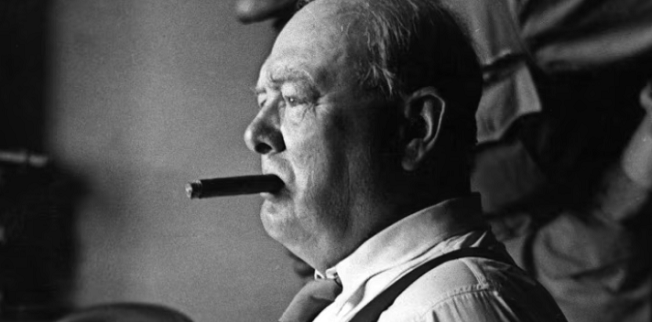 Churchill's Speech of 4th June 1940: A Timeless Beacon of Resilience
Churchill's Speech of 4th June 1940: A Timeless Beacon of Resilience
In the annals of history, there are speeches that resonate far beyond their immediate context, echoing through the corridors of time with unwavering clarity. One such speech is Winston Churchill's address to the British House of Commons on 4th June 1940. Delivered during the dark days of World War II, it is a masterclass in rhetoric and resolve, encapsulated by the stirring words, "We shall not flag nor fail. We shall go on to the end. We shall defend our Island, whatever the cost may be."
This speech was not just a call to arms; it was a galvanizing force that unified a nation under siege. Let's explore some key features of this historic oration that continue to captivate and inspire.
1: A Rallying Cry
- Purposeful Tone: Churchill's speech was crafted to bolster British morale during a time of great uncertainty. His deliberate choice of words and assertive tone aimed to reassure the public and military forces alike, affirming that surrender was not an option.
- Emotional Resonance: The speech tapped into the collective spirit of the British people, acknowledging their fears while simultaneously igniting a fierce determination to stand strong against the looming threat of Nazi Germany.
2: Masterful Use of Repetition
- Repetition for Emphasis: The repeated use of "We shall" throughout the speech is a rhetorical device that underscores the resolve and solidarity of the British people. This technique not only emphasizes commitment but also creates a rhythmic, almost musical quality that reinforces the speech's memorability.
- Building Momentum: As the speech progresses, the repetition builds momentum, sweeping the audience along on a wave of national pride and unyielding strength.
3: A Vision of Collective Unity
- Inclusive Language: By using inclusive language such as "our Island" and "we," Churchill fostered a sense of unity and shared responsibility. This was crucial in rallying a diverse population to a common cause.
- Beyond Borders: Churchill's words extended beyond the geographical confines of Britain, symbolizing the broader fight for freedom and democracy. This vision resonated with Allied nations, cementing partnerships that were vital for the war effort.
4: Timeless Inspiration
- A Legacy of Resilience: Decades later, Churchill's speech remains a symbol of resilience and courage. It serves as a reminder that in times of adversity, the human spirit is capable of remarkable perseverance.
- Modern Relevance: In today's world, where challenges abound, the speech continues to inspire leaders and individuals alike to stand their ground and face difficulties head-on.
In conclusion, Winston Churchill's speech of 4th June 1940 is more than a historical artifact; it is a testament to the power of words to unite, inspire, and fortify the human spirit against overwhelming odds. Though not essential to daily life, revisiting this classic oration offers a profound reminder of the enduring strength found in collective resolve and an unwavering commitment to a just cause.